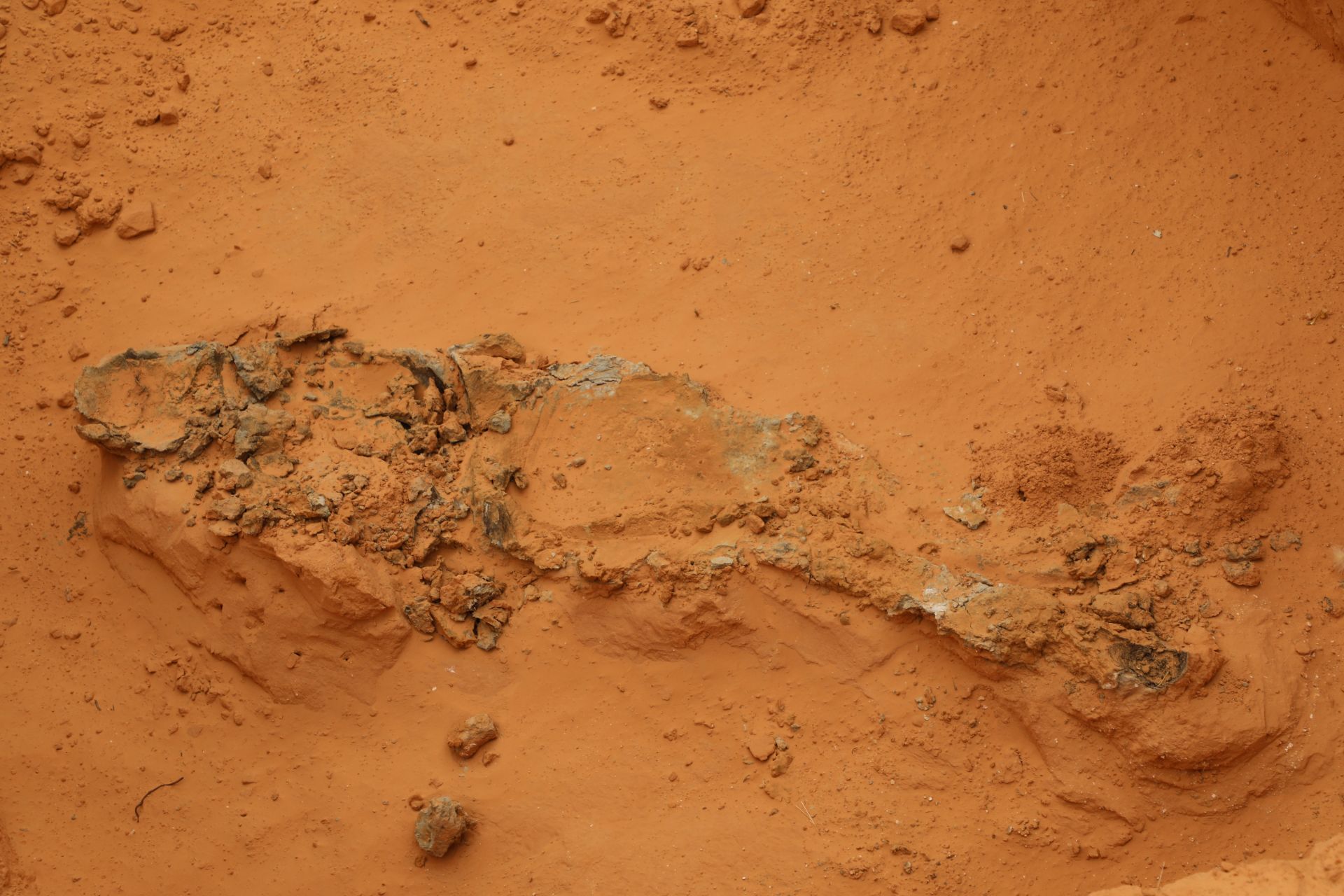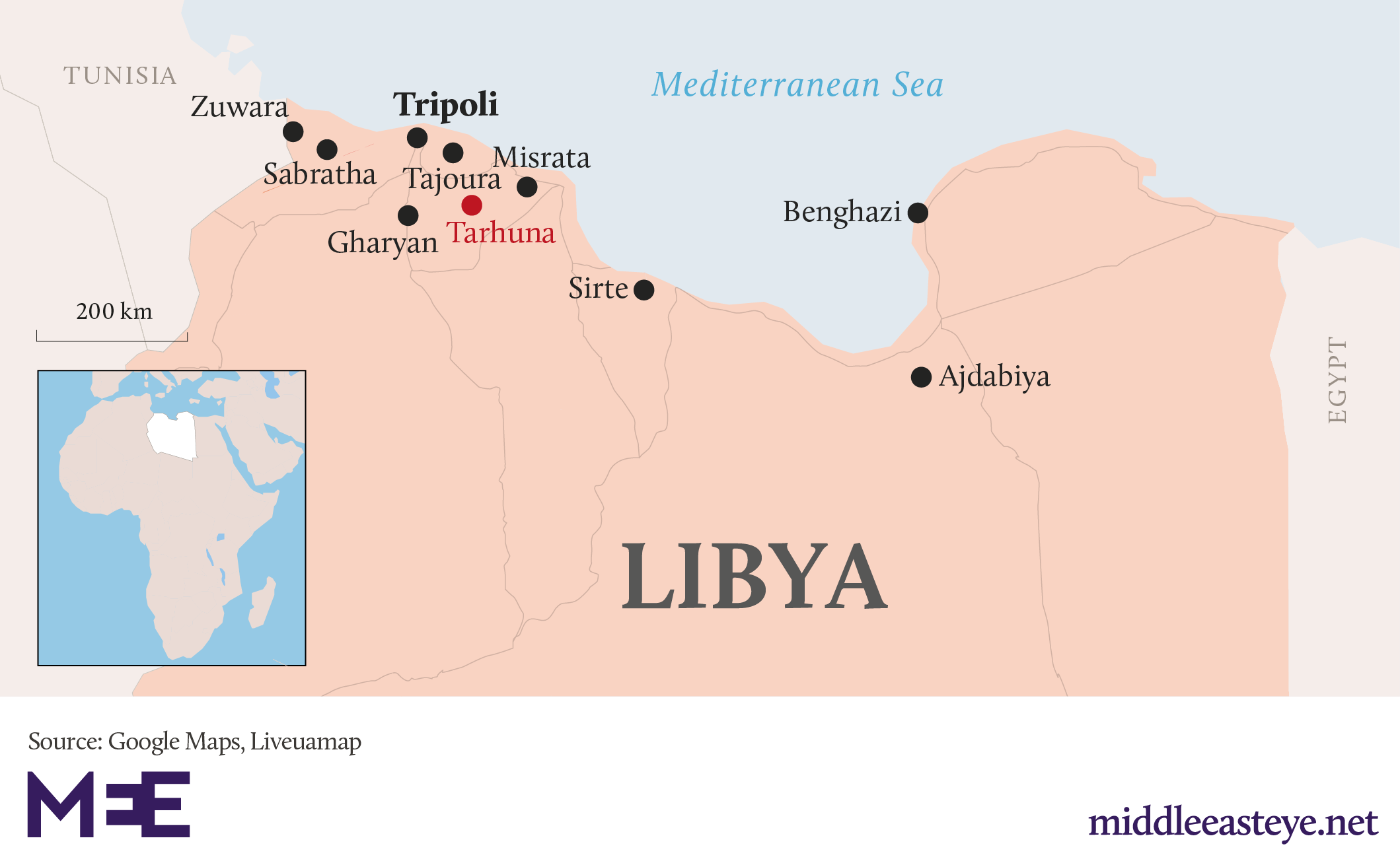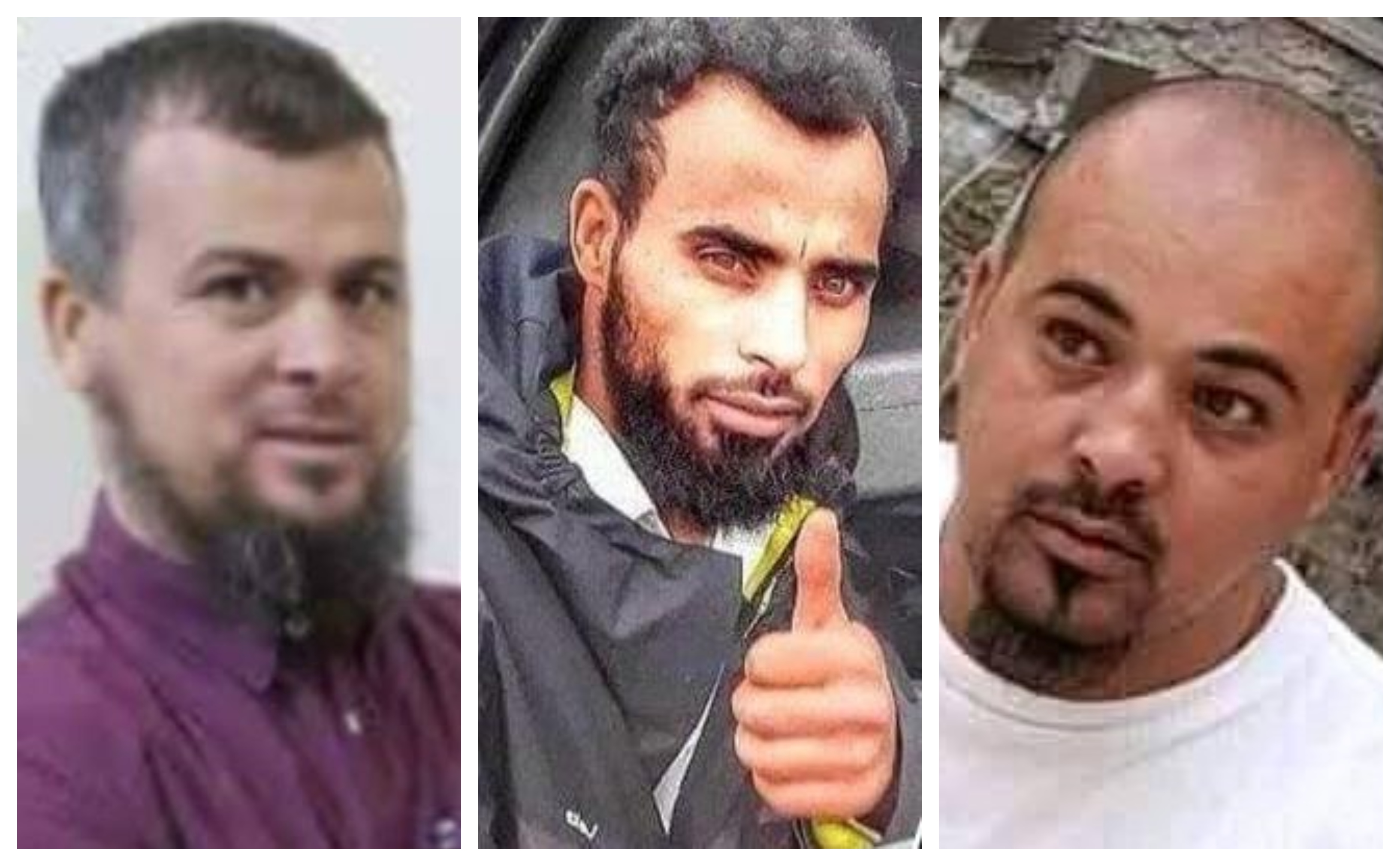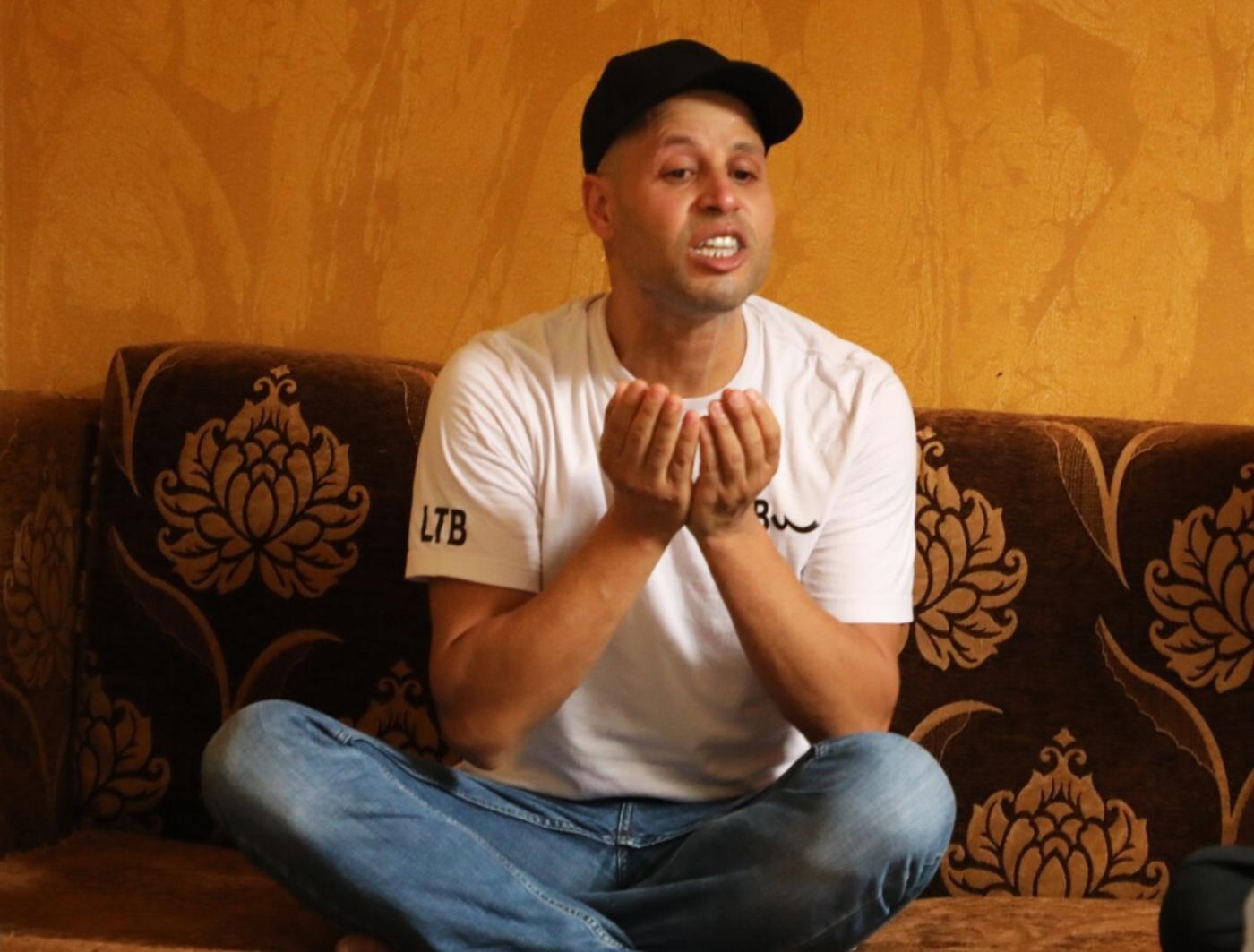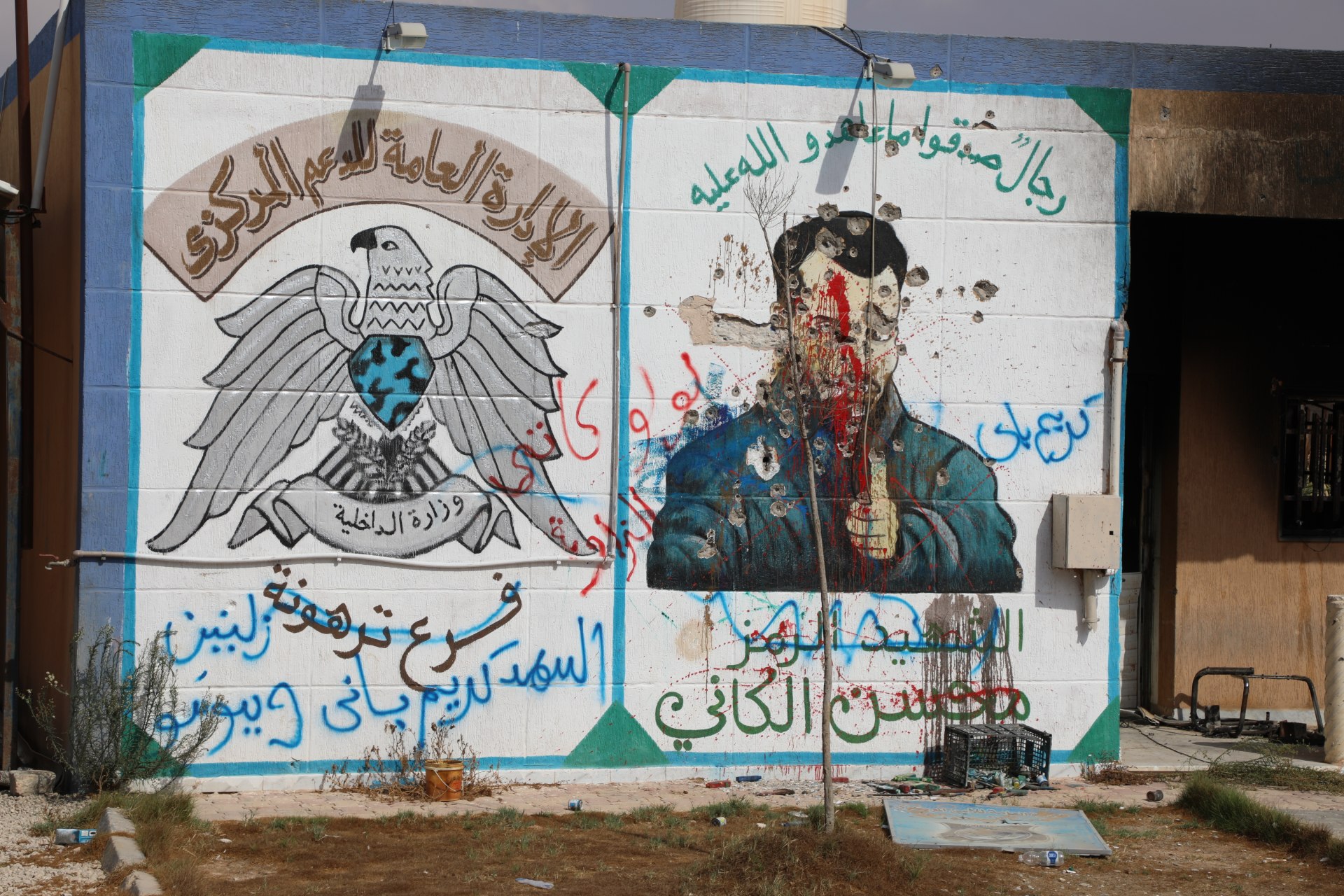30 September 2020
TARHUNA, Libya - At the Haruda family’s farm, agricultural labourers have been replaced with forensic teams, their bright white protective suits silhouetted against dusty, rust-coloured soil. Areas for excavation have been marked out in chalk, like macabre football pitches. Little triangular flags beside shallow potholes indicate each place bodies have been found.
Tarhuna, a rural town 60km southeast of Tripoli, where olive trees stripe low hills rising out of Libya’s coastal plain, is searching for its dead.
Almost 80 corpses have been pulled from the ground in two and a half months, 56 in the Haruda farm alone. Officials believe three times that number could still lie under Tarhuna’s fields and orchards.
“We still have a lot to dig. Just 20 percent of this area has been excavated,” says Mohammed Ali al-Kosher, the town’s mayor.
“People of all backgrounds were killed and buried here, including a 10-year-old child. We’re finding new bodies every day. One man was even buried with his car, his hands tied to the steering wheel.”
'People of all backgrounds were killed and buried here, including a 10-year-old child. We’re finding new bodies every day'
- Mohammed Ali al-Kosher, mayor
The teams searching for corpses look for tell-tale signs – a chemical change in the soil, mounds of earth piled up nearby, lingering smells.
In two graves from which bodies were retrieved the day before, blood and decomposed tissue has fossilised the victims’ outline in the earth. Forensic teams sieve the soil, finding fragments of bone and clumps of hair. The stench remains.
Tarhuna is traumatised, with emotional scars running far deeper than the crevices carved into the ground in the search for victims.
For 14 months this town of 40,000, whose fertile lands were once prized by Italian colonisers and favoured by Muammar Gaddafi, was transformed into a military base from which eastern commander Khalifa Haftar launched his ill-fated assault on Tripoli.
Hundreds of civilians were killed in the fighting around the Libyan capital between April 2019 and June 2020, but in Tarhuna people were disappeared for the smallest of infractions or suspicions of allegiance.
When Tarhuna was taken on 5 June by forces loyal to the Tripoli-based Government of National Accord (GNA), they discovered 106 bodies stacked up in the local hospital’s morgue. Quickly, authorities realised the town held several mass graves, too. The Haruda farm is the largest of eight found so far, with search teams believing that number could rise to 12.
Kosher, who the GNA placed in charge of a temporary steering municipality after taking the town, says it will take at least a year to excavate all the suspected sites, particularly without better equipment and international support. UN Secretary-General Antonio Guterres has called for a “transparent investigation”, but so far little assistance has been forthcoming.
“From a religious point of view, this is not a decent burial. This is what Daesh does, these are the actions of people who desecrate Islam,” Kosher says, staring into a pit where 11 bodies were recently retrieved.
“The killings were a message: even opposing the fighting in Tripoli can lead to death. This was all done with the blessing of Haftar and his allies.”



